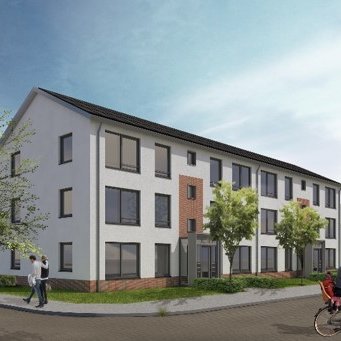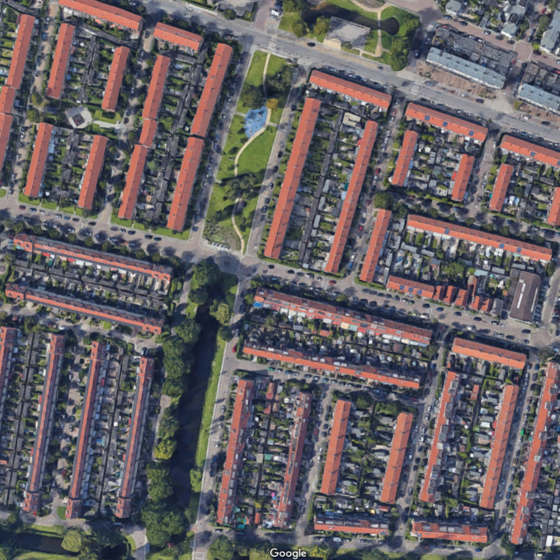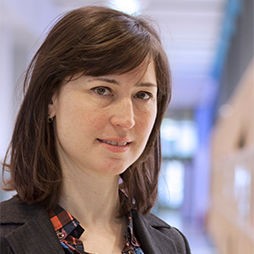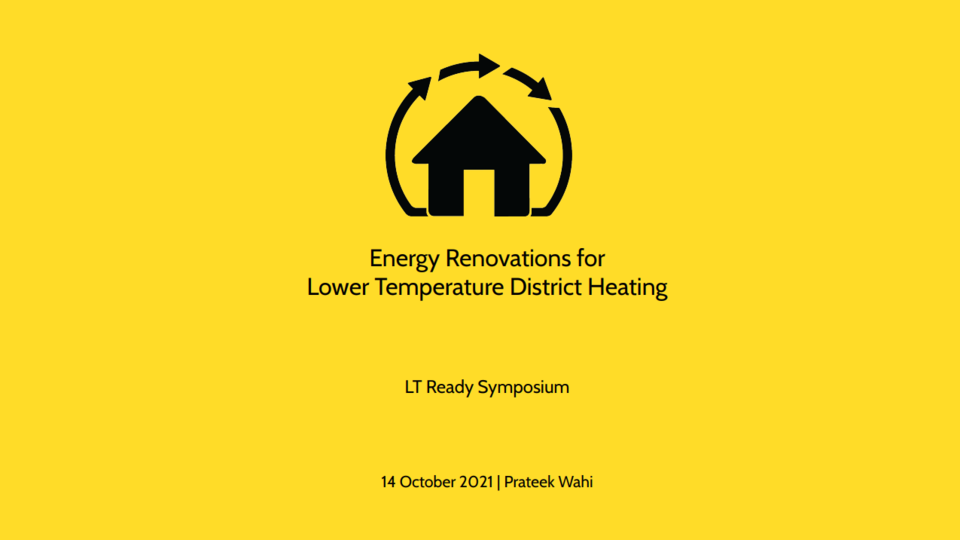Theme 1: Renovation Concepts
Project 1.3: 2ndSKIN® Configurator
Co-developed by TU Delft, 2ndSkin® is a proven renovation concept that can be applied to homes to make them Zero Energy or Zero Energy-ready. 2ndSkin was conceived of as a solution for renovating homes, primarily from the outside with minimum disruption to occupants, and focused on providing new, high-quality facades and durable installations.
This project is focused on the development of an decision-making and consultation tool – a configurator – that accompanies the 2ndSkin® renovation concept. The configurator will take into account:
- The baseline conditions of a home and the renovation objectives
- The wishes of the building users
- The technical possibilities of the 2ndSkin solution
Partners: TNO, BIK Bouw, TU Delft, Jaga Konvektco BV, Sto Isoned, Itho Daalderop
TU Delft Researchers:
- Faculty of Industrial Design: Stella Boess
- Faculty of Architecture and the Built Environment: Thaleia Konstantinou
Timeline: 2020 – 2021

Photo: KAW Architects
Project 1.5: Collective Heat
The number of homes connected to heat networks is expected to grow from 340,000 today, to more than one million by 2030. This project focuses on developing smarter methods of connecting homes to low-temperature heat networks.
As part of this project, practical, easily-to-use models and decision-making tools will be developed that take into account costs, circularity, building type, and residents' experiences with comfort and hassle.
The overall objectives of the project include:
- Reducing costs to connect to the heating network
- Reduce the operating temperature of heat networks from HT (95-85°C) to MT (75-65°C)
This project is building on the WarmingUP project, which is investigating low temperature heating for collective heat networks.
Partners: TNO, Vattenvall, Eneco, Ennatuurlijk, HVC, Stadsverwarming Purmerend, Arcadis, TU Delft, Almere
TU Delft Researchers: Prateek Wahi (PhD Researcher), Thaleia Konstantinou, Henk Visscher and Martin Tenpierik, Faculty of Architecture and the Built Environment
Timeline: 2020 – 2023



